Defense? Or attack?
Who are you defending yourself against?
This week I'm reflecting on my defenses and how defending myself works against me. In order to help make this more interesting to you (as opposed to being all about me), join me in this exploration.
What are you defending yourself against?
Who has wronged you? Feel free to choose examples where you have reason and evidence for this.
Who or what is preventing you from having what you want? Are you experiencing oppression, discrimination, racism, etc.?
What ongoing argument do you have with your spouse, where clearly you believe you are right and he/she is wrong?
What choices or positions do you defend in the face of others whose opinion is different from yours? i.e. Politics.
When we defend ourselves we participate in the energy of attack.
When we defend ourselves against a perceived attack we are participating in the energy that keeps the attack alive. Defense is the counterpart of attack. Like a tug-o-war, without defense, the attack has nothing to pull.
The obvious exception to this, of course, is a physical attack. If someone comes at you with a knife, you must protect yourself. Period. Attack over; defense no longer needed.
But in our psyche we hold onto our defenses. And maintaining our defenses keeps us fiercely repeating a victimization story (whether we feel we have been victimized or could be victimized by the other.) We are the embodiment of our victimization. We defend it, and tell our story about why we are right to feel this way. And for the most part, society says, "you're right. I'm so sorry."
We cannot be empowered AND a victim at the same time.
I had an experience just this past week that got me reflecting on this.
On Friday, I received an angry email. This person interpreted something I did differently than I intended it. Her judgment of me was harsh and quick. I was devastated. I immediately sprang to defend myself. I felt maligned; misunderstood; judged and condemned.
But here's the catch... if I hold onto my victim place of proving that I was wronged, I cannot be my empowered self anywhere else in my life. That doesn't serve me or anybody.
Some of the ways we covertly defend our victim selves:
Looking for allies who will side with us
Arguing internally and externally for how unfair and wrong the other is
Simply holding onto the feelings of being wronged
Our eye-for-an-eye or "justice" cultural norm demands apologies, corrections and again, justice. But what if NONE of that is necessary or important?
What if insisting I receive it doesn't serve my higher purpose, or yours?
It doesn't.
How do we emancipate from our victim selves?
By being willing to let go of the pain right now.
Being willing to release the need to have the "wrong be righted," to "get justice" or even an apology, and still be OK with it.
Connecting with the purpose of your life and seeing how this event might be of service to you in the fulfillment of your purpose.
To clarify: This is NOT about condoning violence, aggression or flat-out violation of someone's rights. This is about not allowing what others do to define you or imprison you in your own hurt feelings.
The best example of what I say here is none other than Mahatma Gandhi.
In the face of serious human rights abuses of Indians at the hands of the English, he refused to be their victim. He stood for his (and their) rights. For example, to defy the law that said citizens could not harvest salt directly from the ocean, he organized the salt march. Thousands were killed, but he persevered. Thousands more died. And India's independence was won without them ever wielding a gun or sword to defend themselves.
Another great teacher of this is Viktor Frankl who wrote Man's Search for Meaning. Having been a survivor of the Nazi concentration camps, his famous quote has all the more power: "Everything can be taken from a man but one thing: the last of the human freedoms—to choose one’s attitude in any given set of circumstances, to choose one’s own way."
And also, "Between stimulus and response there is a space. In that space is our power to choose our response. In our response lies our growth and our freedom."
We have the freedom to choose for ourselves. Will I allow this to crush me? Will I take this person's judgment of me as true? Will I take his/her view as more powerful than mine?
Stand for truth. Stand for integrity. Stand for love, and don't back down even when others can't see it.
But by all means, when you do make a mistake, correct it. Interestingly, when we are willing to completely let go of our defenses and our need to be right, it's so much easier to rectify and own the places were we found ourselves to be wrong.
What do you think? I'd love to hear your point of view even if you don't agree with me. This is a topic that I want to engage more in, because in the conversation we get so much more clarity and connection.
And if you'd like to check out my Facebook LIVE stream where I talk a bit about this and comment there, come and join me.

